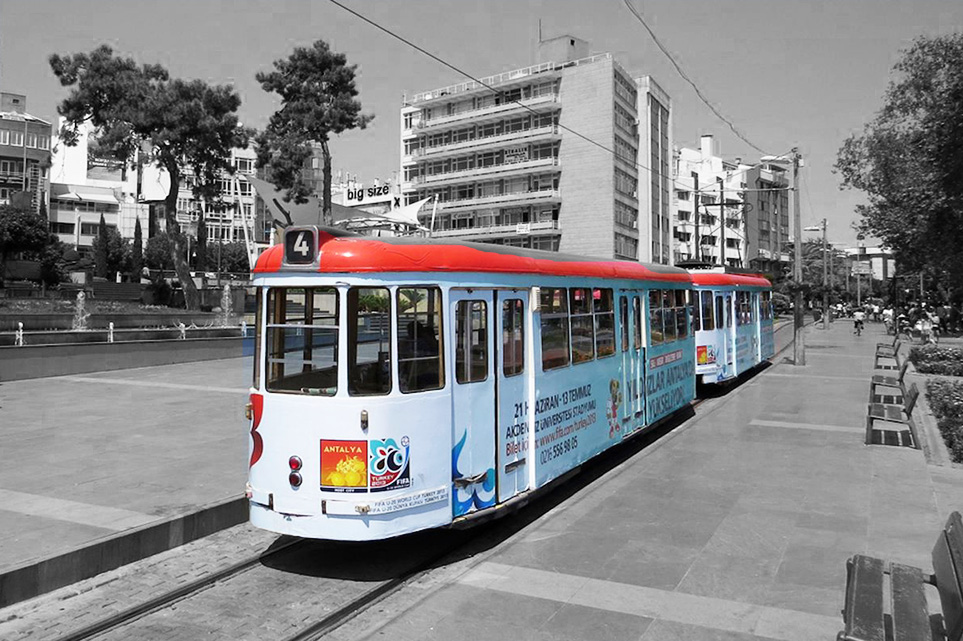
As the room began to shake, I did not realize what was happening at the moment. I thought it was the result of my nervous habit of bouncing my foot that was causing the furniture to wobble. But then I came to realize my foot wasn’t moving, but everything else was shaking. It was an EARTHQUAKE!
This was my first experience of an earthquake. I have lived all my life in Texas and experienced hurricane but never an earthquake. With hurricanes, you can watch the storm develop out in the ocean, meteorologists on the television monitoring the progress as the hurricane heads for land. Hurricane warnings let you know the approximate location of landfall and give you time to prepare and evacuate.
Unfortunately, earthquakes are more of a SURPRISE!
I recently moved to Antalya, Turkey. Although I knew Turkey had suffered earthquakes, I didn’t have any real concerns as the region we live in is unknown to be susceptible to earthquakes.
In my first experience of this slight jolt, I thought it best to investigate earthquakes in Turkey more and learn the protocols if one should cause severe destruction.

Why Earthquakes in Turkey?
Turkey has frequent earthquake activities because much of the country lies in several major fault zones. The Eurasian, African, and Arabian Plates all collide within Turkey. Earthquakes have occurred on all four points of the compass in Turkey.
In the past 30 years, ten major earthquakes have been recorded in Turkey. In 1999 Turkey suffered from one of the worst earthquakes, a 7.6 magnitude quake, which decimated the country. This earthquake caused over 17,000 deaths and approximately 45,000 injuries.
Although the earthquake I experienced was a ripple that occurred in Izmir (2 hours away) at a 5.6 magnitude, I couldn’t have imagined what it would feel like at a higher magnitude.

Earthquake Protocols
This made me realize I needed to learn how to prepare or know the procedures for an earthquake. Here is what I discovered:
Before an Earthquake
- Discuss with your family that if you should be separated how to contact each other.
- Locate the safest place in your home/workplace to take shelter.
- Learn and identify evacuation routes.
- Keep emergency telephone numbers on hand (ambulance, hospitals, fire, and police department).
- Ensure you have emergency supplies on-hand such as bottled water, non-perishable foods, prescription drugs, first aid kit, batteries, radio, hygienic sanitizer wipes, and food for the pets.
- Keep important documents such as passports and other documents with you or scan and store them on a cloud for backup.
- Prepare an emergency backpack in case you must evacuate the area.

INDOORS
- If you are indoors, stay there!
- Move to the center of the building you are within and, if possible, get under a desk or table to minimize exposure to falling objects.
- Don’t take cover near windows, mirrors, hanging objects, or heavy furniture.
- If you need to evacuate, use stairs, not elevators.
OUTDOORS
- If you are outdoors, move to the clearest area possible – move entirely away from buildings, trees, powerlines, or other structures.
- If you are in a car, move slowly to the side of the road and make sure you are clear of any trees or buildings.
DRIVING
- Stop the car. Move your vehicle as far out of traffic as possible.
- DO NOT stop on or under a bridge or overpass or under trees, light posts, power lines, or signs.
- STAY INSIDE your car until the shaking stops.
- When you RESUME driving, watch for breaks in the pavement, fallen rocks, and bumps in the road at bridge approaches.
- If you are in a MOUNTAINOUS AREA — watch out for falling rock, landslides, trees, and other debris that could be loosened by quakes.
- If you are near the OCEAN – see these safety rules from NOAA’s Tsunami Warning Center.
After an Earthquake
- Check the condition of your dwelling. If you consider it unsafe, notify the authorities, go to a temporary shelter, or stay with acquaintances or family members.
- Consult official sources to get the most up-to-date information.
- Be careful with electrical currents, propane/natural gas lines, and sources of chemical hazards.
- For drinking water, only use bottled, boiled, or disinfected with chlorine water.
- If you cannot boil water, you can disinfect the produce with a solution of water and household bleach. (ration 4:1)
- During clean-up work, make sure to wear a mask, closed-toe shoes, helmet, and safety glasses to prevent any accidents or contamination.

If you are new to living in Turkey and have never experienced an earthquake, I recommend you familiarize yourself with the above protocols and be prepared in the event one should occur. Although the number of deaths from earthquakes has dramatically decreased since 1999 due to stricter construction codes, it is still wise to learn more about your city and how such emergencies are handled.
Enjoy your travels! Please read my blogs about other exciting places around the world at Traveling Lens Photography.
If you want to read more about Antalya, follow me on Facebook, Instagram, or Pinterest as I share my journey.
Inshallah (God willing!)









Pingback: Best Earthqauke Preparedness Kit - Travel blog | Traveling Lens Photography